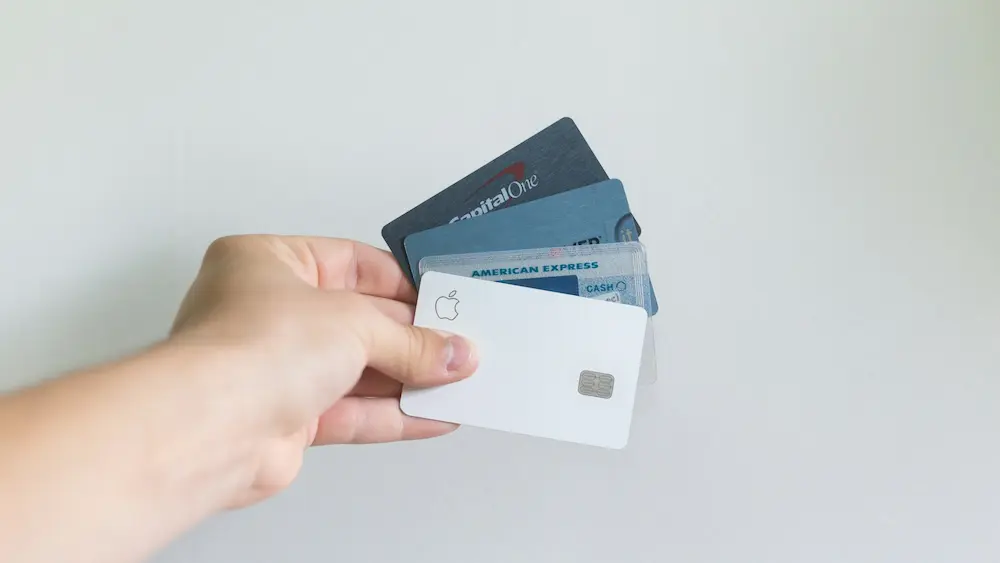In today’s fast-paced world, debt has become a ubiquitous aspect of many people’s lives. Whether it’s student loans, credit card debt, or mortgages, the burden of owing money can weigh heavily on individuals and families alike. However, living with debt doesn’t have to be a permanent state of affairs. With the right strategies and mindset, it’s possible to eliminate debt and regain financial freedom. In this comprehensive guide, we’ll explore the keys to successfully eliminating your debt, empowering you to take control of your finances, and building a brighter future.
Assessing Your Debt Situation
Before you can begin your journey towards debt freedom, it’s essential to have a clear understanding of your current financial situation. Start by gathering all of your financial statements, including credit card bills, loan statements, and any other outstanding debts. Take stock of how much you owe to each creditor, the interest rates on your loans, and the minimum monthly payments required. According to the team behind solidgroundfinancial.org, this step will give you a holistic view of your debt load and serve as the foundation for creating a personalized debt repayment plan. Additionally, to receive assistance in consolidating your payday loans, it’s important to explore options from trustworthy financial institutions or organizations, ensuring you gain expert guidance on effectively managing your debt. Taking proactive steps towards consolidating your loans can help streamline your repayment process and alleviate financial stress.
Creating a Realistic Budget
One of the most powerful tools for eliminating debt is a well-crafted budget. A budget helps you track your income and expenses, allowing you to identify areas where you can cut back and allocate more funds towards debt repayment. Start by listing all of your sources of income, including wages, bonuses, and any other sources of revenue. Then, track your monthly expenses, categorizing them into essentials like housing, food, and transportation, and discretionary spending like entertainment and dining out. By prioritizing debt repayment within your budget and making necessary adjustments to your spending habits, you can accelerate your journey towards financial freedom.
Prioritizing Debt Repayment
Once you have a clear picture of your debt and a realistic budget in place, it’s time to prioritize your repayment strategy. There are several approaches you can take, depending on your financial goals and the types of debt you owe. One common strategy is the debt snowball method, where you focus on paying off the smallest debts first while making minimum payments on larger debts. As you eliminate smaller debts, you gain momentum and can apply those payments towards larger debts, accelerating your progress. Alternatively, you may choose to prioritize debts with the highest interest rates to minimize the amount of interest paid over time. Whichever approach you choose, consistency and discipline are key to success.
Negotiating with Creditors
In some cases, negotiating with creditors can be an effective way to reduce your debt burden and make repayment more manageable. Reach out to your creditors and explain your situation honestly, emphasizing your commitment to repaying your debts but expressing the need for more favorable terms. This could involve negotiating lower interest rates, extending repayment periods, or even settling debts for less than the full amount owed. Many creditors are willing to work with borrowers facing financial hardship, especially if it means they’re more likely to recoup some of their money. Be proactive and persistent in your negotiations, and don’t hesitate to seek professional assistance if you’re struggling to reach an agreement.
Avoiding Future Debt
As you work towards eliminating your existing debt, it’s crucial to avoid falling back into old habits that could land you right back where you started. Take proactive steps to avoid accumulating new debt, such as using cash or debit cards instead of credit cards for purchases, creating an emergency fund to cover unexpected expenses, and practicing mindful spending habits. Consider seeking out financial education resources or enrolling in workshops to improve your financial literacy and make more informed decisions about money management. By cultivating healthy financial habits and staying vigilant, you can break the cycle of debt and build a more secure financial future for yourself and your family.
Celebrating Milestones and Staying Motivated
Eliminating debt is a marathon, not a sprint, and it’s essential to celebrate your progress along the way. Set milestones for yourself, such as paying off a specific debt or reaching a certain savings goal, and celebrate each achievement as you work towards your ultimate financial goals. Find ways to stay motivated, whether it’s visualizing your debt-free future, seeking support from friends and family, or rewarding yourself for staying on track. Remember that setbacks are a natural part of the journey, and don’t be too hard on yourself if you encounter challenges along the way. With determination, perseverance, and a positive mindset, you can successfully eliminate your debt and build a brighter financial future for yourself and your loved ones.

Eliminating debt requires careful planning, discipline, and perseverance, but the rewards of financial freedom are well worth the effort. By assessing your debt situation, creating a realistic budget, prioritizing debt repayment, negotiating with creditors, avoiding future debt, and staying motivated, you can take control of your finances and build a more secure future. Remember, you’re not alone in this journey – there are resources and support available to help you every step of the way. With determination and the right strategies, you can achieve your goal of becoming debt-free and enjoy peace of mind knowing that you’re on solid ground financially.









